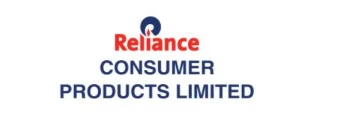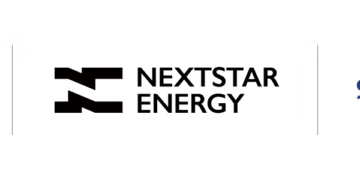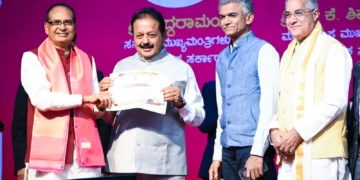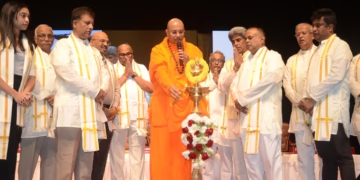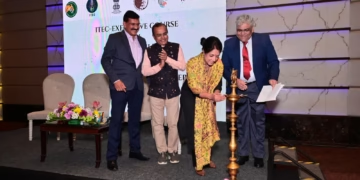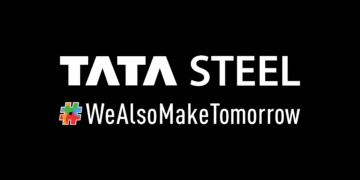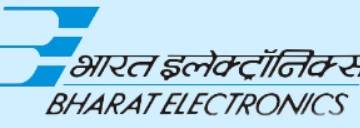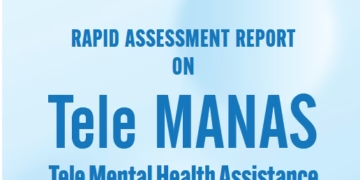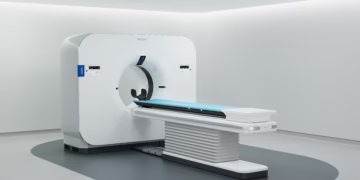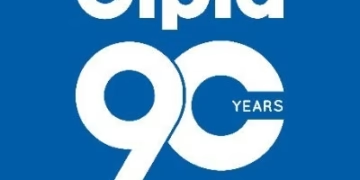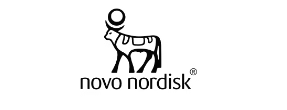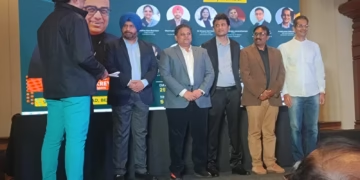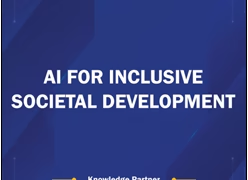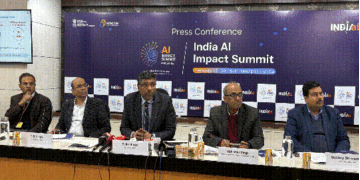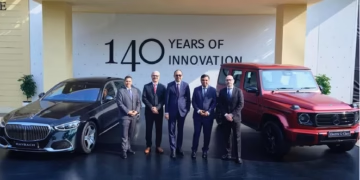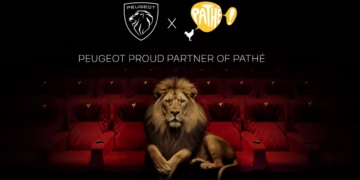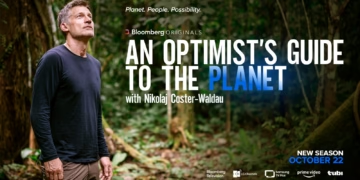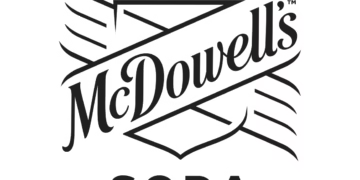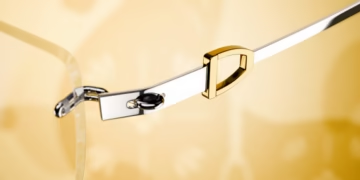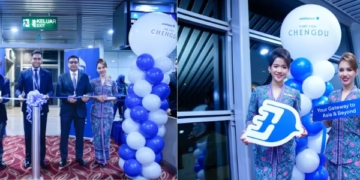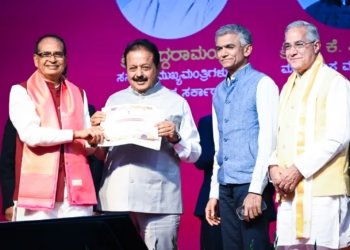Aug 12, 2019
Backing innovative holographic display technology for automotive and entertainment applications
Stuttgart, Germany – Robert Bosch Venture Capital GmbH (RBVC), the corporate venture capital company of the Bosch group, has completed a series A investment in Light Field Lab, a start-up based in San Jose, California. Light Field Lab is developing holographic display technologies that will provide immersive 3D experiences without the need for virtual reality headsets. “Holographic display technologies enable entirely new business opportunities across consumer and enterprise markets including automotive in-vehicle infotainment,” said RBVC Managing Director Dr. Ingo Ramesohl. “Light Field Lab has the leadership and technical expertise to bring this vision of the holographic future to life.” The latest round of funding is aimed at scaling its holographic display technology from prototype to product.
Holographic Display Technology
Light Field Lab is developing display technologies that will enable viewers to see holographic objects floating in space without the need for head-mounted accessories. The company aims to bring real-world holographic experiences to life with up to hundreds of gigapixels of resolution, creating immersive environments and realistic-looking holograms. Unlike other technologies that claim to be holograms, Light Field Lab’s displays don’t rely on visual tricks or spinning LEDs. Instead, they recreate the way rays of light bounce off objects in 3D space, making virtual objects which can be indistinguishable from reality. In addition to holographic displays, the company also provides the hardware and software platform required for content distribution.
Addressing New Markets
Light Field Lab’s innovative display technology has the potential to create new opportunities in the entertainment and display markets. The company initially plans to target large format location-based entertainment venues including modular video walls for live events. This represents a large market opportunity: the overall global video wall market reached USD 6.4 billion in 2017 according to market research firm FutureSource. Ultimately, the company will develop a consumer version of its holographic display technology that could be used for gaming, home entertainment, and wearable devices. Light Field Lab’s technology can be used for more than just entertainment, as the freedom from virtual reality headsets will create opportunities in areas such as automotive, retail and public displays. The company is already working closely with its strategic investors, who are industry leaders across consumer electronics, content creation, telecom, and automotive, to participate in the holographic ecosystem and integrate Light Field Lab technology into their future products.
A Strong Team and Investor Base
Jon Karafin, Brendan Bevensee, and Ed Ibe founded Light Field Lab in 2017 to build upon their collective experience as innovators in light field technology. All three previously worked at Lytro, a pioneering light field camera company, where they developed technical expertise in the field. The company also benefits from a wide range of strategic investors including Comcast, Liberty Global, and Verizon along with RBVC. “The industry response has been extremely enthusiastic as evidenced by the strength of our investors,” said Jon Karafin, CEO, Light Field Lab. “We look forward to working with our syndicate of manufacturing, content creation and distribution partners to uncover opportunities and alliances across a range of vertical markets as we take our development to the next phase.”
|

